Taxability Rules for Online Courses & E-Learning Platforms: VAT, GST, and Sales Tax Explained

🎧 Prefer to Listen?
Get the audio version of this article and stay informed without reading - perfect for multitasking or learning on the go.
Digitalization has transformed many industries and sectors, and education has also been significantly affected. The digital transformation has made knowledge more accessible through online courses, webinars, and e-learning platforms. The change in how knowledge is spread has opened vast opportunities for learners and educators alike, but it has also introduced challenges in terms of taxation.
Therefore, following the developments regarding how online courses and learning services are provided, governments worldwide have adapted tax rules and regulations to digital services, including e-learning. As the world becomes more interconnected, and there are more possibilities to offer and provide training and education services for remote clients, service providers must understand how to deal with the evolving tax landscape.
Defining Online Courses and E-Learning Services
First, not all online educational content is treated equally under tax laws. Therefore, online educators should pay close attention to classifying the nature of the service provided. Broadly accepted classifications include live and real-time courses or webinars and pre-recorded or self-paced content, such as learning modules.
Live online classes or webinars that allow interaction between the educator and the participants are typically treated as traditional educational services and may be tax-exempt. In contrast, pre-recorded or automated online courses are generally considered electronically supplied or digital services.
The classification between these two types of service, that is, between educational and digital services, is critical for determining the tax treatment, especially under VAT, GST, or sales and use tax regimes that target digital services.
Tax Treatment of Online Courses in Different Countries
Tax treatment of online courses depends primarily on applicable rules for digital services. Therefore, there are several key questions for determining whether these services are taxable, such as the nature of the course, how it is delivered, where the customer and suppliers are located, and how countries tax educational and digital services.
European Union (EU) VAT Rules
The EU adopted the Council Directive (EU) 2022/542, adopted in 2022, which came into force on January 1, 2025, and imposed new rules regarding the place of supply rules for live virtual events, including online live conferences, seminars, webinars, training, and distance learning programs with live elements.
The latest implemented rules treat these services as e-services and define the place of supply for B2C transactions according to the destination principle. Thus, VAT is charged, collected, and remitted in the EU country where the customer is based. Before the implementation of this rule, these transactions were taxed in the country where the supplier is established.
Online courses that are pre-recorded and delivered to customers automatically, through electronic means, and do not require human intervention are considered electronically supplied services (ESS) and are taxed according to the EU-wide rules.
Sales Tax on Online Courses in the United States (US)
Since the US lacks a nationwide sales and use tax system and relies on state-level rules and regulations, taxability rules depend on the laws of each state. Therefore, providers or suppliers should determine in which US state their customer is located and, based on that information, determine whether services provided or supplied are taxable.
In some states, such as New York, online e-learning courses are taxable as sales of prewritten software, and additional charges for online access to library reference works are taxable as information services. In contrast, an extra charge for a mentoring service is non-taxable.
In Washington, live online classes where participants and presenters interact in real time are not subject to retail sales tax. However, classes, including pre-recorded videos, with interaction through a chat room or similar channels, do not provide real-time participation, meaning they are taxable. Also, live-streamed classes without interaction in the form of the ability to ask questions in real time are subject to sales tax.
Pre-recorded courses are considered a specified digital product in Tennessee, which makes them subject to sales tax. Even if questions can be asked in real time, the applicable sales tax for pre-recorded courses does not change.
GST Taxability Rules in the Asia-Pacific Region
In Australia, webinars or distance learning courses are considered digital products subject to GST rules and regulations. Similarly, distance learning classes and online examinations to obtain professional certification are all considered remote services subject to GST in Singapore.
In India, under the Online Information Data Base Access and Retrieval (OIDAR) Services rules, distance teaching supplies that are automated, dependent on the Internet or a similar network, and do not require any human input are subject to GST. Additionally, supplying workbooks that participants can complete online and marked automatically, without human effort, is also treated as a supply of distance teaching.
Moreover, an online course containing pre-recorded videos and downloadable PDFs is subject to GST. However, if such a service includes support from a live tutor, it is not considered an OIDAR service and, thus, is not subject to GST.
Platform Liability and Deemed Supplier Rules
Governments worldwide have transferred VAT, GST, and sales tax responsibilities and liabilities from sellers to platforms that facilitate online transactions to improve tax compliance and ensure more revenue in the digital economy. E-learning platforms, as digital platforms, are not exempt from these rules.
Therefore, in countries where the deemed supplier rules, such as the EU countries, Australia, and New Zealand, or the marketplace facilitator rules, like the US, are put in place, e-learning platform operators must determine if and when they become liable for VAT, GST, or sales tax.
While these rules simplify tax compliance for creators or educators and improve the efficiency of tax systems, they also have substantial implications for platform operators, who must invest in tax compliance infrastructure and ensure proper service classification.
Conclusion
Udemy, Coursera, and Skillshare are some of the most well-known online course platforms for building and selling an online course. Those who sell their course through these platforms should determine if and in which countries these platforms are required to collect and remit VAT, GST, or sales tax.
On the other hand, digital platforms like these should carefully consider which countries have deemed supplier rules in place, and when they need to register for, collect, and remit national indirect taxes on behalf of those who create and offer courses.
Finally, educators or tutors who provide online courses through their website should set procedures for determining the customer's exact location and what rules and requirements apply to their B2B or B2C transactions.
Source: Inland Revenue Authority of Singapore, BDO, VATabout - EU - Concept and Taxability Rules for VAT on Digital Services and Electronically Supplied Services (ESS), New York State Department of Taxation and Finance, Tennessee Department of Revenue, Washington State Department of Revenue, Australian Taxation Office, Council Directive (EU) 2022/542, European Commission - Taxation and Customs Union, India - Online Information Data Base Access and Retrieval (OIDAR) Services in GST

Featured Insights

Burkina Faso FEC E-Invoicing Mandatory July 2026
🕝 February 24, 2026More News from World
Get real-time updates and developments from around the world, keeping you informed and prepared.
-e9lcpxl5nq.webp)





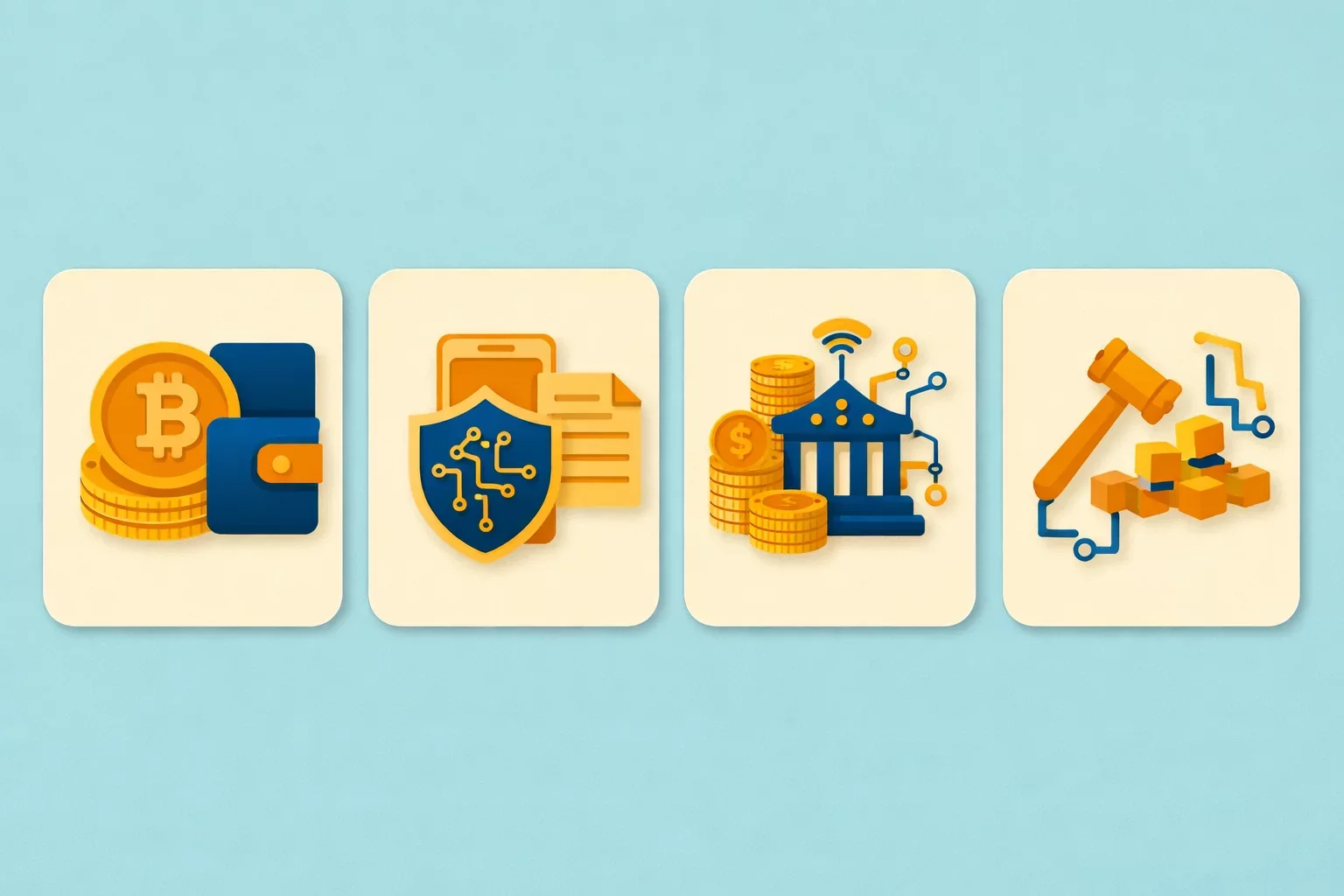
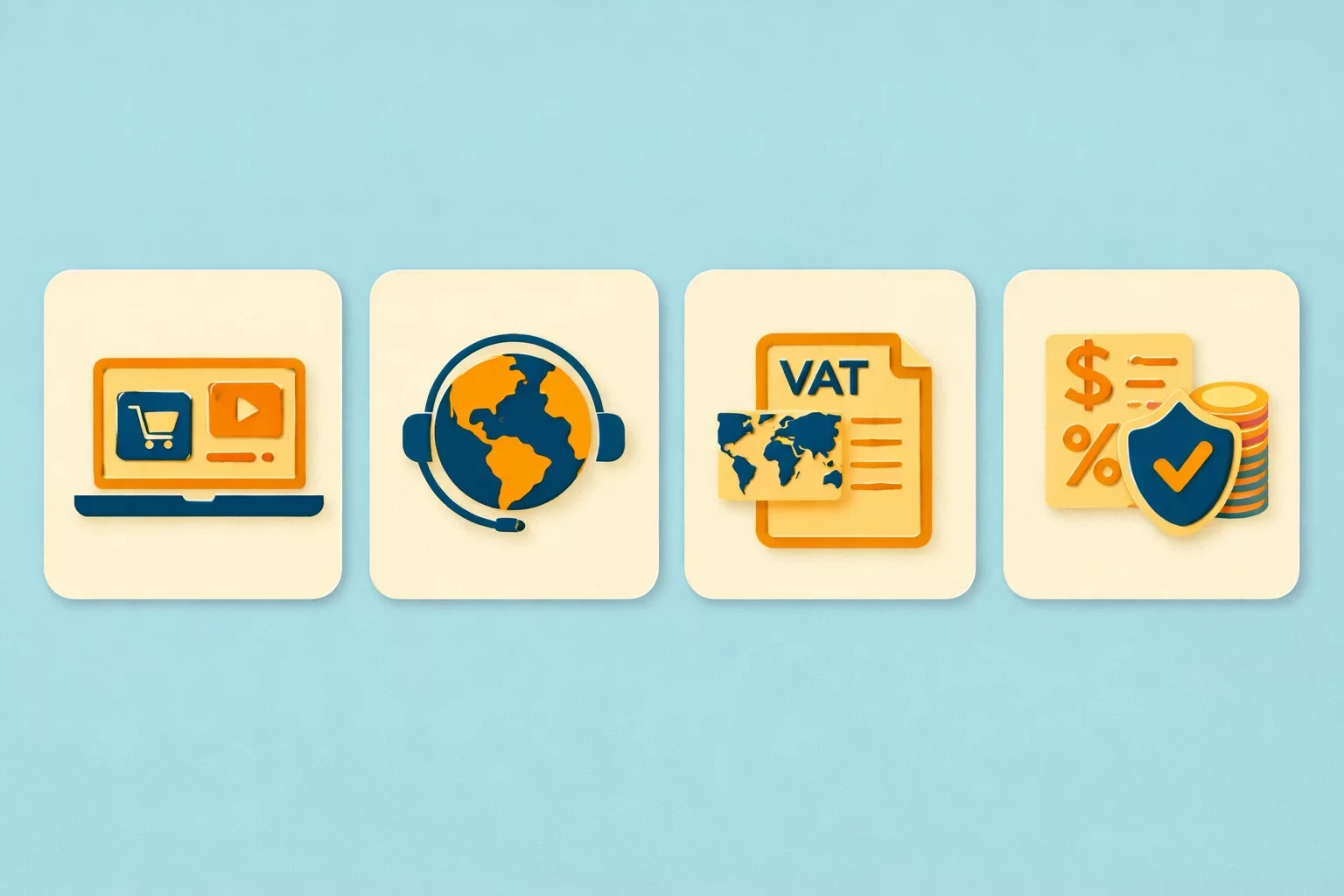


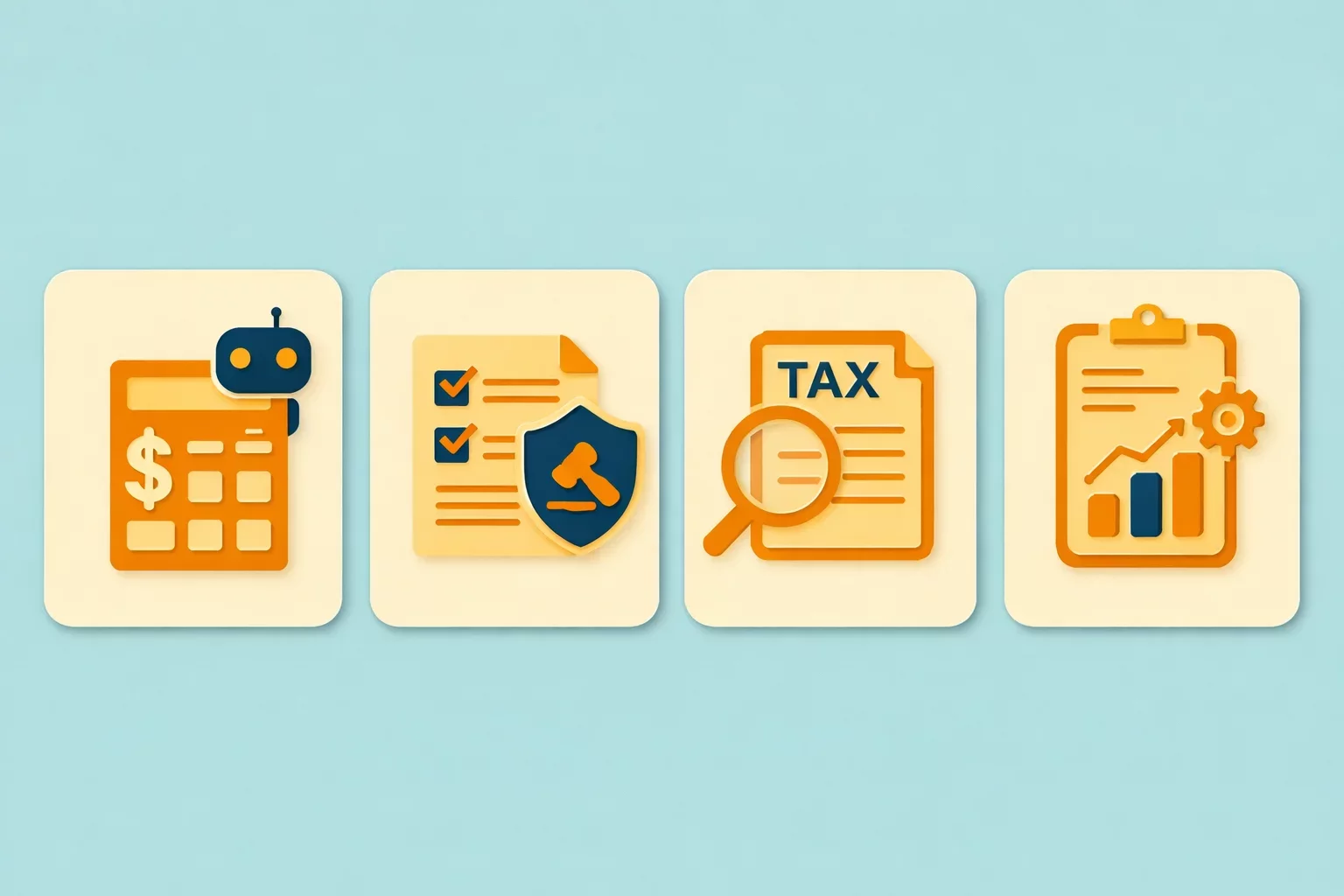




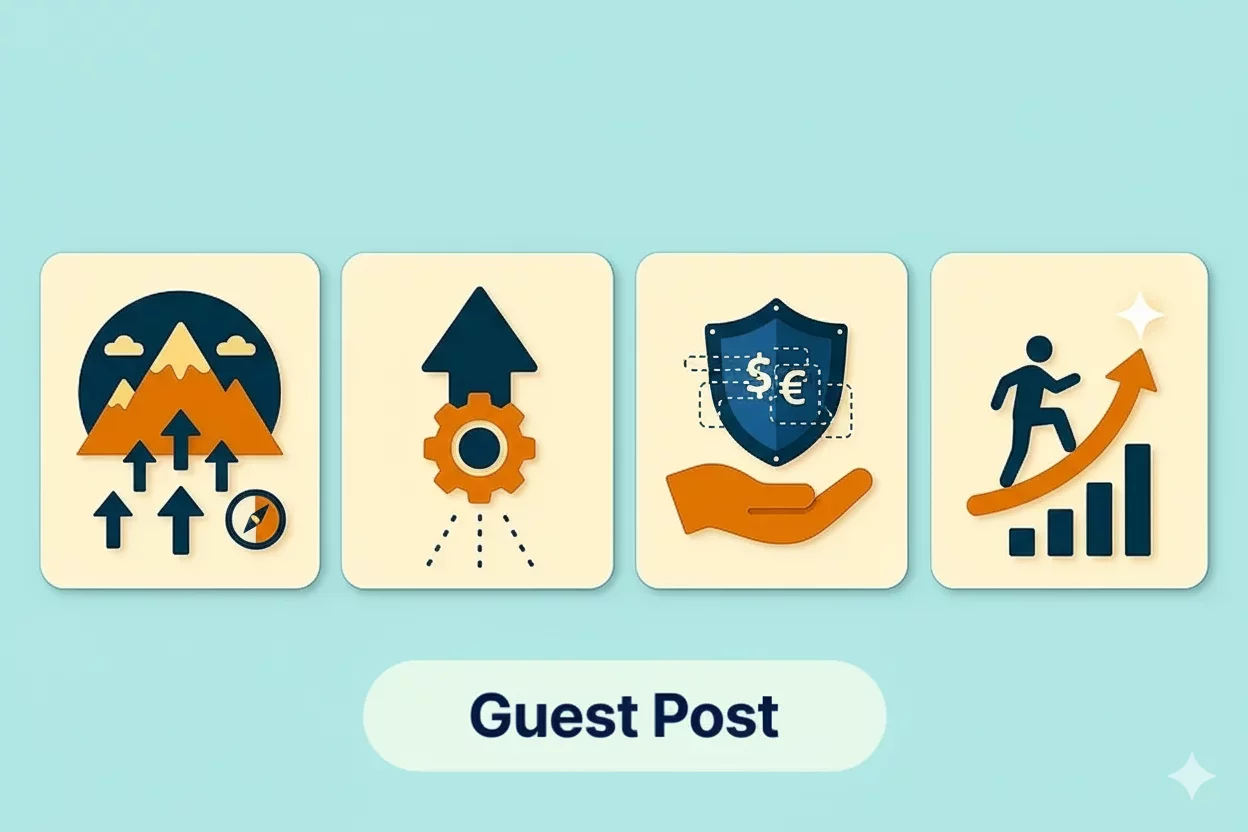
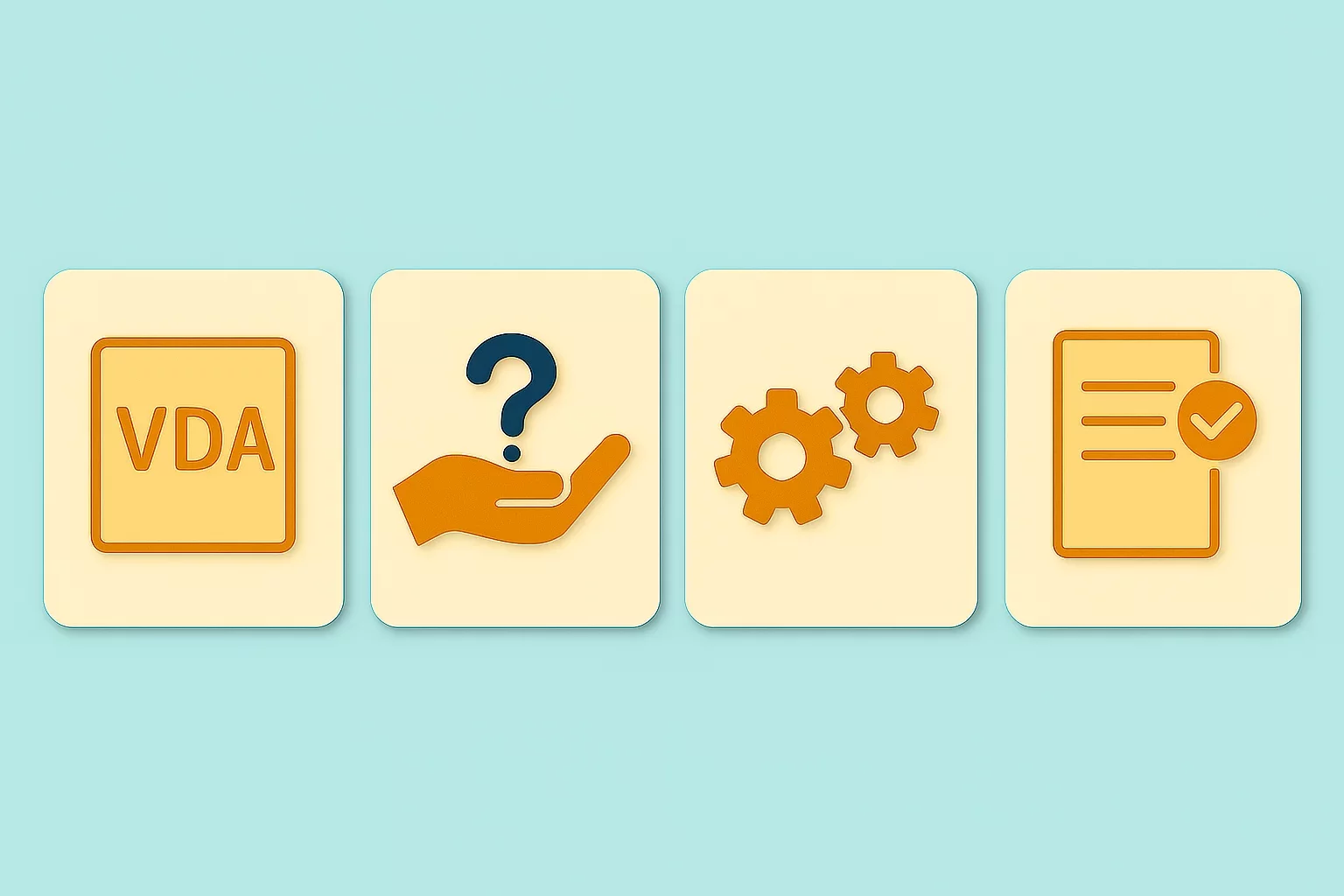


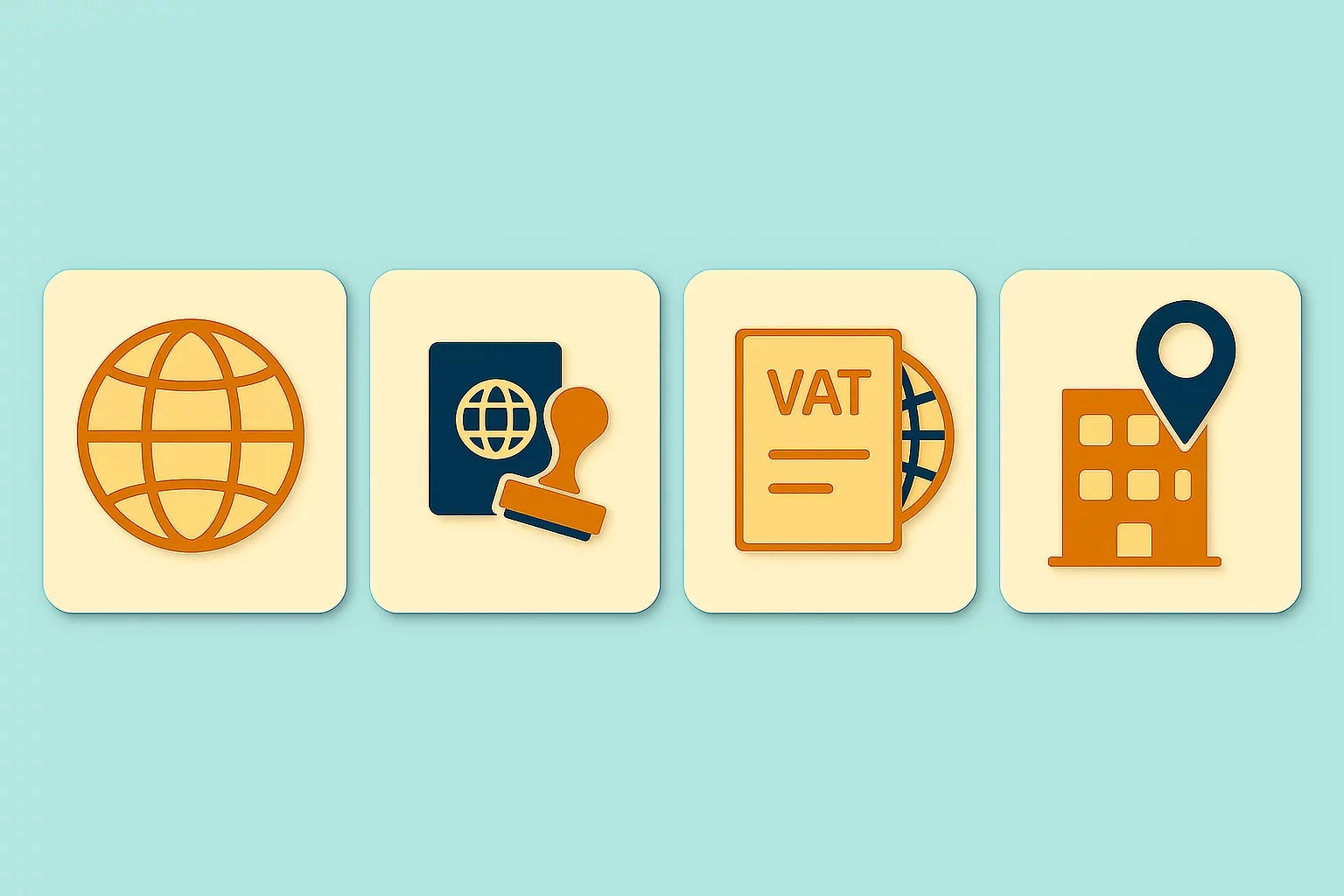












-7xdqdopxl6.webp)



-a9bz8kz2cs.webp)































